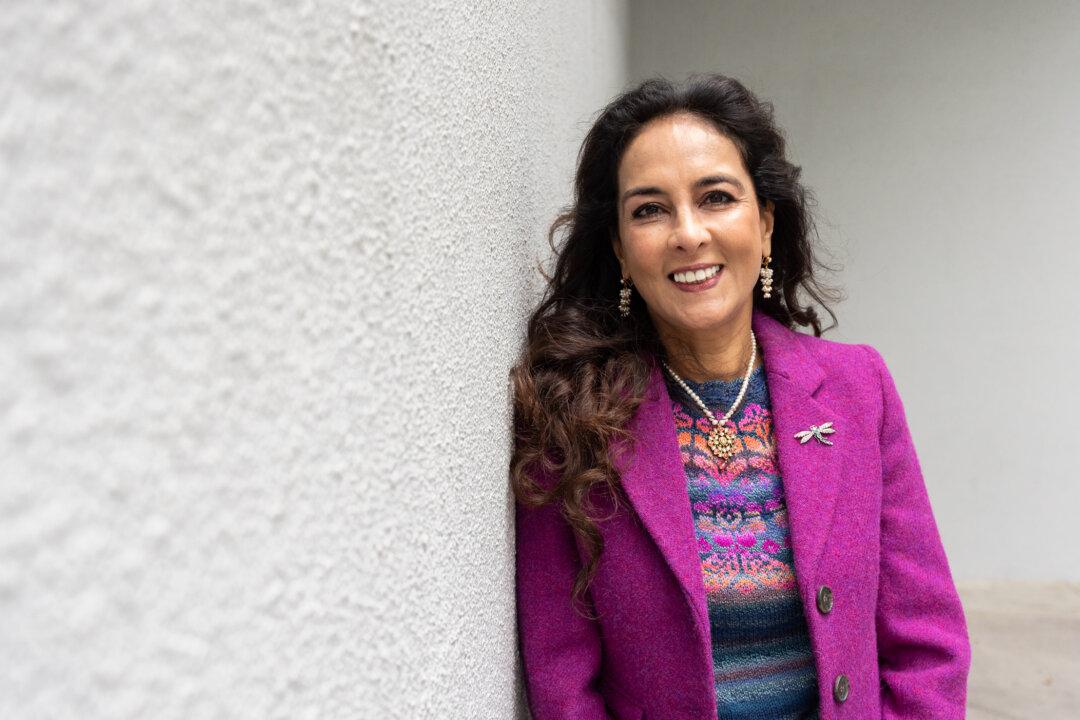Commentary
Greg Tanaka grew up around violence and decided that studying would be his way out. That led to a career in computer science and a move to Palo Alto, California, so his kids could get a great education. But Palo Alto schools don’t seem to value studying right now.





